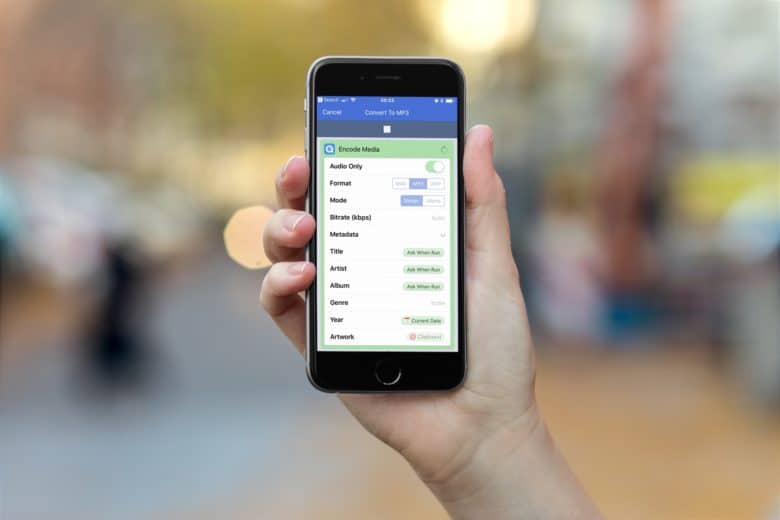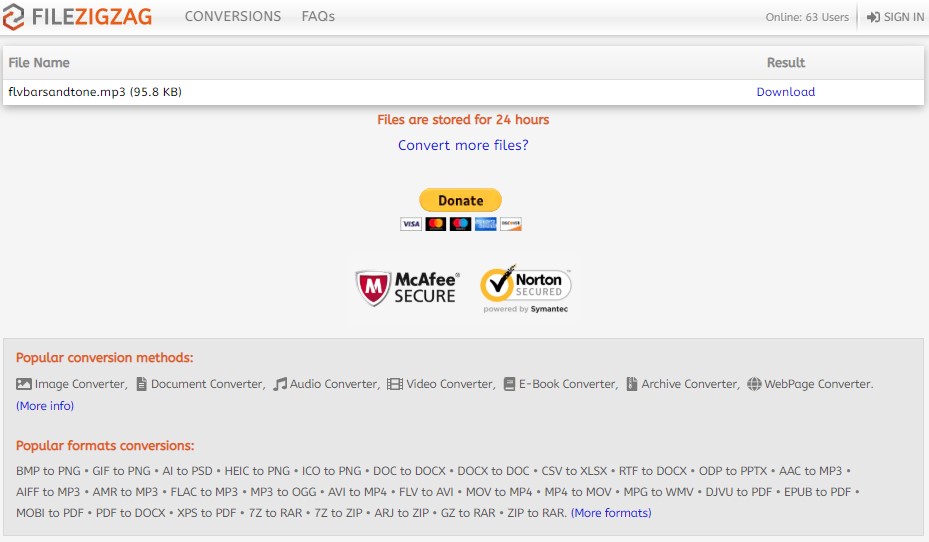

You can find the vst versions on Image-Line's vintage subdomain or on third party vendors if you google. Native FL Studio plugins Harmor, Sytrus, Slicex, Love Philter, Delay 2, Vocodex (no routing), Grossbeat and Waveshaper will now open as a vst format in Ableton. Weird curves like Smooth Stairs will still default to Single Curve 1, but otherwise it's much more usable now. June 1: Improved automation handling from FLP to ALS. June 5: FLP->ALS: Midi in a Layer channel will move to it's set children. No support for M4A files as they currently can't be used in FL Studio. June 22: AIFF files are now supported when converting zip files. Note: M4A Files aren't supported in FL Studio so won't be carried over during conversion.įuture updates will allow for audio file manipulation, so that you files can reverse when converting from FLP -> ALS (as Ableton doesn't actually play audio backwards but creates a new file instead). You can actually open the converted zip files in FL Studio without unzipping it first (although if you plan on saving I don't recommend this).

Jukeblocks will decompress the zip, scan the audio files and then recompress the converted project file back into the zip file. Note: If you have multiple als files in the same project folder it will only convert the first. In Ableton go to File->"Collect All and Save" to collect all the used samples to the project folder (I usually only tick the first three boxes), then zip the project folder yourself and convert. In FL Studio go to File->Export->Zipped Loop Package to collect the flp and all used samples into a zip file that can be used for converting. This has multiple benefits, from easier sample management when sending the project to other people, to more accurate audio time-stretching when converting from FLP -> ALS. Because AMR files are heavily compressed and focused on narrowband signals, they are not suitable for music files.You can upload a zipped project file including its samples. Other software, such as the free audio-editing software Audacity, can open AMR files. AMR also opens with VLC media player, QuickTime, RealPlayer, and Xine. Since AMR files are often used on mobile phones, including for MMS messaging, most 3G mobile devices are able to open them. It is used regularly in Global System for Mobile Communications (GSM) and Universal Mobile Telecommunications System (UMTS). The AMR speech codec focuses on narrowband signals, which makes it ideal for voice recordings and radio.

What is an AMR (Adaptive Multi-Rate Codec) file?Īdaptive Multi-Rate (AMR) is a compressed audio file that is often used for speech coding.


 0 kommentar(er)
0 kommentar(er)
